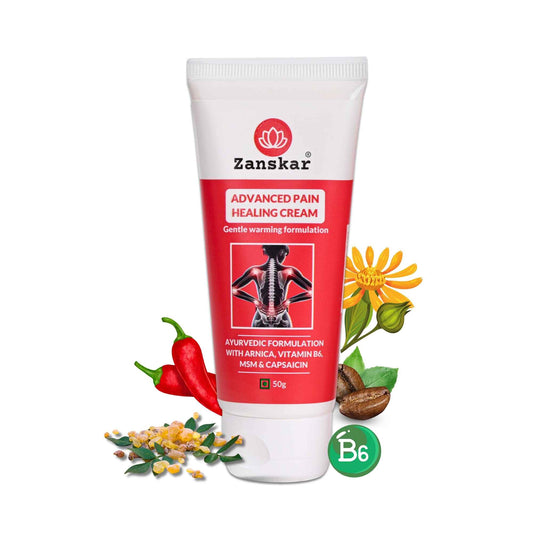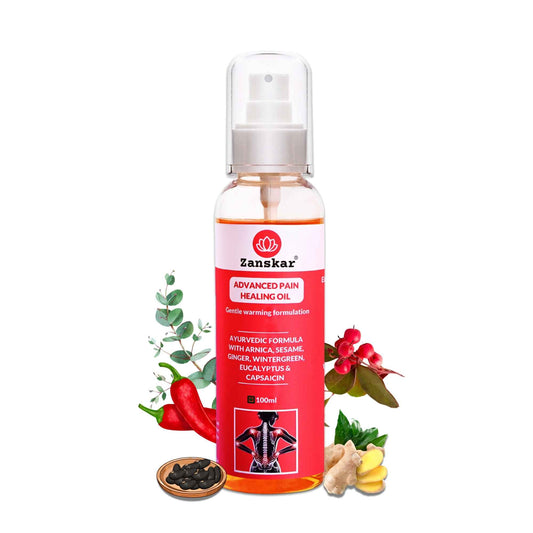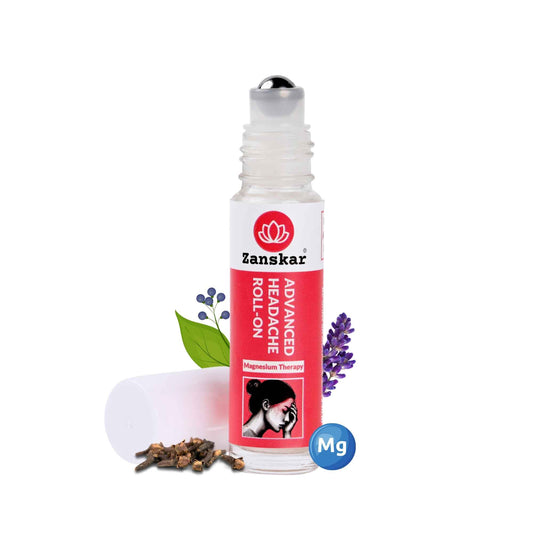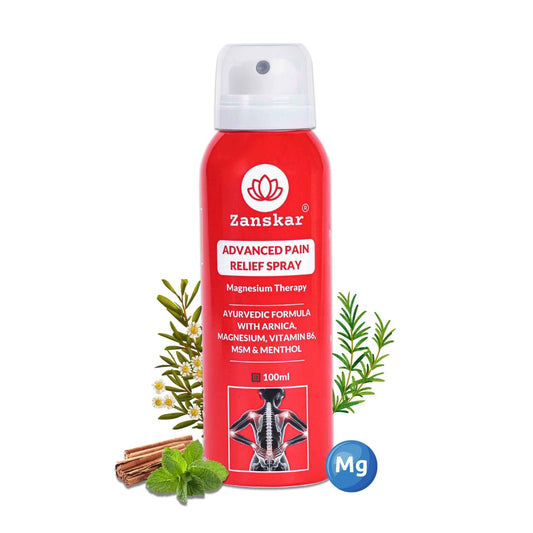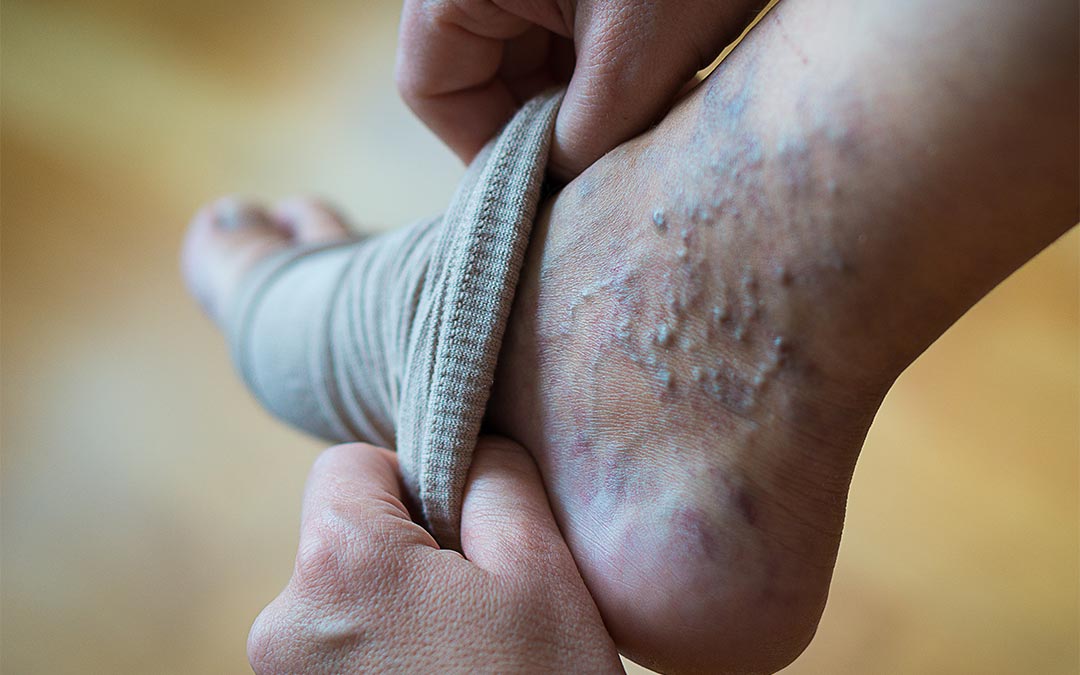
Varicose Veins: Should You Use Heat or Cold?
Varicose veins are a common condition where veins—usually in the legs—become enlarged, twisted, and visible under the skin. They occur when vein valves, which normally push blood upward toward the heart, become weak or damaged. As a result, blood pools in the veins, leading to swelling, heaviness, and discomfort.
While varicose veins are often seen as a cosmetic issue, they can cause symptoms like:
- Aching or heavy legs
- Swelling around the ankles
- Itching or burning sensation
- Night cramps
- Throbbing or discomfort after standing for long hours
If untreated, severe varicose veins may progress to skin changes or even venous ulcers.

Heat or Cold: What’s Better for Varicose Veins?
Heat and cold therapies both have roles in pain management, but their effects on varicose veins differ significantly.
🔥 Heat Therapy (Warm Compress, Heating Pads, Hot Water Bags)
- Effect: Heat dilates blood vessels, increases circulation, and relaxes muscles.
- Problem for Varicose Veins: In varicose veins, blood is already pooling. Additional vasodilation (widening of vessels) can worsen swelling and heaviness. Prolonged heat may aggravate symptoms.
Verdict: Heat is not recommended directly on varicose veins ❌
❄️ Cold Therapy (Cold Compress, Ice Packs, Cooling Gels)
- Effect: Cold causes vasoconstriction (narrowing of blood vessels), which reduces swelling and numbs discomfort.
- Benefit for Varicose Veins: Cold compresses can temporarily reduce pain, swelling, and the heavy sensation in legs.
- How to Use: Apply a cold pack wrapped in a cloth for 10–15 minutes at a time. Avoid placing ice directly on the skin.
Verdict: Cold is recommended directly on varicose veins ✅
Other Supportive Measures
For long-term relief and vein health, consider these steps:
- Compression stockings – help improve venous return.
- Elevating legs – reduces blood pooling.
- Staying active – walking, calf raises, and light exercise keep blood moving.
- Maintaining healthy weight – reduces pressure on veins.
- Avoid prolonged standing or sitting – take breaks to move around.
The Bottom Line
- Cold therapy is generally more suitable for easing discomfort from varicose veins.
- Heat therapy should be avoided directly on varicose veins, as it may worsen swelling and heaviness.
- For persistent pain or worsening symptoms, consult a vascular specialist, as procedures like sclerotherapy or laser treatment may be needed.
Where Zanskar Fits In
At Zanskar, our mission is to bring modern, science-backed pain care that fits into daily life. For varicose veins, where cold and circulation support are preferred over heat, our Zanskar Pain Relief Spray is a smart choice.
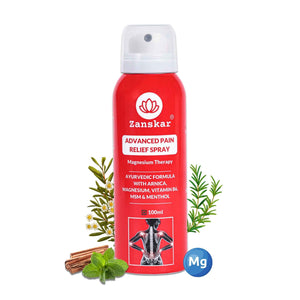
- Cooling Relief: With magnesium and menthol, the spray delivers an instant cryotherapy soothing effect — just what heavy, tired legs need.
- Light & Non-Greasy: The spray is quick-drying and doesn’t clog or weigh down the skin.
- Easy Application: No rubbing or massaging required — just spray directly on legs for targeted relief without pressure on sensitive veins.
Learn More About Us
If you have joint pain, muscle pain or headaches that makes it hard to move, Zanskar offers the most advanced full stack pain relief solutions for you.
Now available to purchase, Zanskar® pain-care range have unique bio-active formulations. It provides lasting relief from muscle and joint discomfort that you can feel good about. Get your fix before stocks run out - buy now.
You can also gain access to therapeutic exercises and stretches for your condition by downloading the Zanskar Health physiotherapy mobile app. Additionally, you’ll have a personal care team to guide, support, and tailor our program to you, including behavioral and nutritional coaching.
Download our mobile app here 👉 download and track your exercise streak.
Medical Review: This article is written and medically reviewed by Dr Nishtha Mittal (Senior Health Content Editor at Zanskar Health). This article and its contents are provided for educational and informational purposes only and do not constitute medical advice or professional services specific to you or your medical condition.




